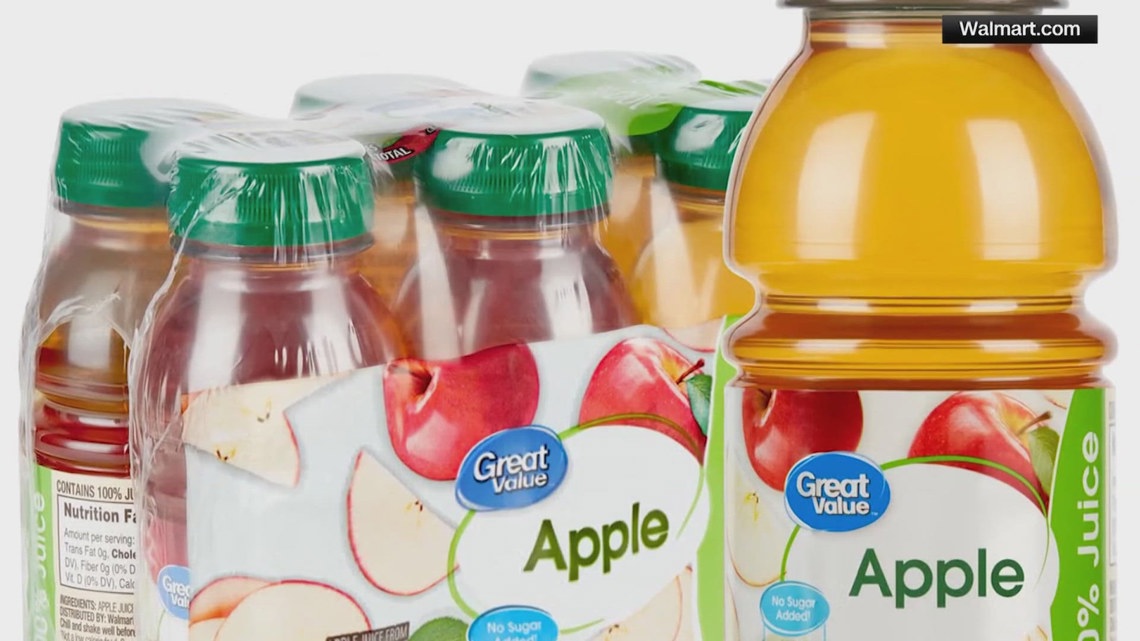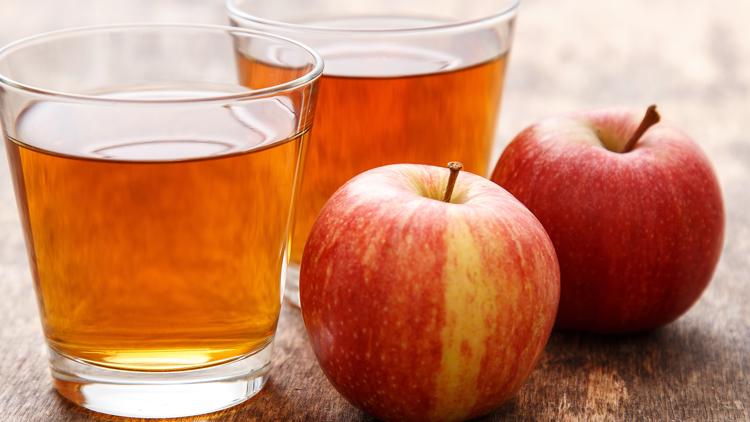SAN ANTONIO —
More arsenic in apple juice
Did you see this article about more arsenic being found in apple juice across multiple stores in the U.S.?
Apparently 133,000 cases of juice sold at stores across the country have potentially harmful levels of arsenic at stores like Aldi, BJs, Market Basket, Walgreens and Weis Markets.
The initial recall came in late August and only covered "Great Value" brand juice sold at Walmart, and included just under 10,000 cases.


Filtering chemicals in water
Then there are the chemicals in your water and luckily MIT researchers are trying to find a new filtration system that will take them out.
MIT cited a new study by the U.S. Centers for Disease Control which found that 98 percent of people had detectable levels of PFAS, a family of particularly long-lasting compounds also known as “forever chemicals,” in their bloodstream.
Now a new filtration system created by MIT could get rid of those chemicals. It's a nature-based solution based on natural silk and cellulose, which can remove a wide variety of these persistent chemicals as well as heavy metals. And, its antimicrobial properties can help keep the filters from fouling.


A timeline for global warming
Over the next 20 years the University of Reading says extreme changes in weather will come due to global warming and three quarters of the global population should expect to face it.


Scientists from CICERO Center for International Climate Research and supported by the University of Reading, the research shows that 20% of the population could face extreme weather risks if emissions are cut enough to reach the aims of the Paris Agreement, compared to 70% if limited action is taken.



